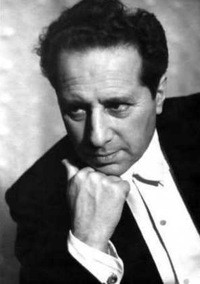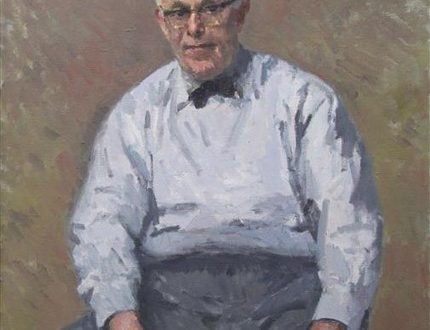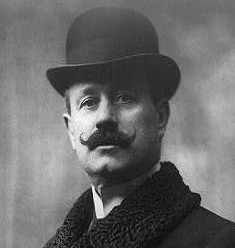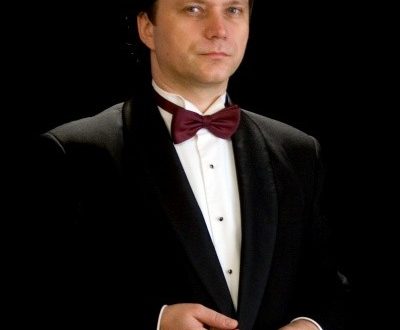
Mark Izrailevich Paverman (Paverman, Mark) |
Powerman, Mark

Soviet conductor, People’s Artist of the RSFSR (1961). Before becoming a conductor, Paverman underwent a thorough musical training. From the age of six he began to study the violin in his hometown – Odessa. After the October Revolution, the young musician entered the Odessa Conservatory, which then bore the dissonant name of Muzdramin (Music and Drama Institute), where he studied theoretical and compositional disciplines from 1923 to 1925. Now his name can be seen on the golden Board of Honor of this university. Only then Paverman decided to devote himself to conducting and entered the Moscow Conservatory, in the class of Professor K. Saradzhev. During the years of study (1925-1930), he also took theoretical subjects from A. V. Aleksandrov, A. N. Aleksandrov, G. Konyus, M. Ivanov-Boretsky, F. Keneman, E. Kashperova. During the training period, a capable student stood at the conductor’s stand for the first time. It happened in the spring of 1927 in the Small Hall of the Conservatory. Immediately after graduating from the conservatory, Paverman began his professional career. First, he entered the symphony orchestra of the “Soviet Philharmonic” (“Sofil”, 1930), and then worked in the symphony orchestra of the All-Union Radio (1931-1934).
In 1934, an event occurred in the life of a young musician that determined his artistic fate for many years. He went to Sverdlovsk, where he took part in the organization of the symphony orchestra of the regional Radio Committee and became its chief conductor. In 1936, this ensemble was transformed into a symphony orchestra of the newly created Sverdlovsk Philharmonic.
More than thirty years have passed since then, and all these years (with the exception of four, 1938-1941, spent in Rostov-on-Don), Paverman leads the Sverdlovsk Orchestra. During this time, the team has changed beyond recognition and grown, turning into one of the best orchestras in the country. All the leading Soviet conductors and soloists performed with him, and a wide variety of works were performed here. And along with the orchestra, the talent of its chief conductor grew and matured.
The name of Paverman is known today not only to the audience of the Urals, but also to other regions of the country. In 1938 he became a laureate of the First All-Union Conducting Competition (fifth prize). There are few cities where the conductor has not toured – on his own or with his team. Paverman’s extensive repertoire includes many works. Among the best achievements of the artist, along with the symphonies of Beethoven and Tchaikovsky, are works by Rachmaninov, who is one of the conductor’s favorite authors. A huge number of major works were first performed in Sverdlovsk under his direction.
Paverman’s concert programs annually include many works of modern music – Soviet and foreign. Almost everything that has been created over the past decades by the composers of the Urals – B. Gibalin, A. Moralev, A. Puzey, B. Toporkov and others – is included in the conductor’s repertoire. Paverman introduced Sverdlovsk residents also to most of the symphonic works by N. Myaskovsky, S. Prokofiev, D. Shostakovich, A. Khachaturian, D. Kabalevsky, M. Chulaki and other authors.
The conductor’s contribution to the construction of the musical culture of the Soviet Urals is great and multifaceted. All these decades, he combines performing activities with teaching. Within the walls of the Ural Conservatory, Professor Mark Paverman trained dozens of orchestral and choir conductors who successfully work in many cities of the country.
L. Grigoriev, J. Platek, 1969





